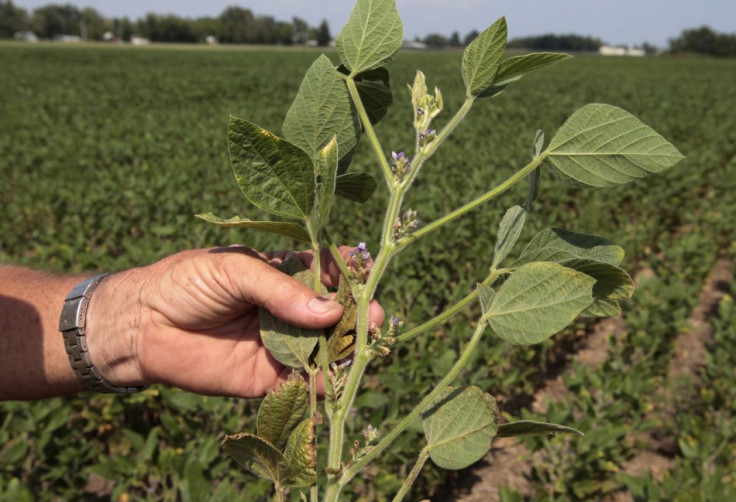US Drought May Push G20 to Act on Global Food Prices

Leaders from the 20 largest economies in the world could push for emergency measures to tame global food prices after the worst US drought since the 1950s has pushed the UN's food price index to the highest in nearly three years.
Reports last week from both the US Department of Agriculture and the United Nations suggested global food prices could continue to advance to dangers levels this week after a USDA forecast for this year's corn harvest were cut for the second consecutive month. Global estimates for both corn and soybean production were also trimmed back by the World Agriculture Supply and Demand Estimates (WASDE) report, released Friday by the USDA.
"The August WASDE report highlighted the severe impact of the US drought and the compelling need for demand rationing to stem the downtrend in inventories," said Barclays' analyst Sudakshina Unnikrishnan in a research note. "Global corn, wheat and soybean balances have tightened further and for now, a record high price environment is here to stay."
Last week, the United Nation's World Food Index, which measures the monthly prices changes of five key food products, showed a 6 percent jump in global prices for July to 213. The spike takes the benchmark past the highs of 2008 which preceded a global food crisis, but below the 238 peak recorded in February of last year which precipitated rioting and social unrest that led to the political movement in North Africa and the Middle East known as the Arab Spring.
Reuters reported Monday that leaders from G20 President Mexico, along with France and the United States, would hold a conference call later this month to discuss whether a larger, more extraordinary meeting would be needed to address the issue of low crop yields and rising prices. The call will initially deal with a system put in place at the behest of France to share and monitor crop price information called AMIS: the Agricultural Market Information System.
A broader meeting of the UN Food and Agriculture Organisation's Rapid Response Forum, which aims to discourage unilateral tariffs and other protectionist measures applied to food exports, could follow in September if prices continue to rise.
Corn futures hit an all-time high of $8.43 per bushel on the Chicago Board of Trade last week as traders feared the relapsed of the USDA's crop report and its estimates for corn and soybean production. US corn yields are expected to hit 123.4 bushels per acre from as high as 166 bushels per acre just two months ago.
The US National Climatic Data Center said July was the hottest in the nation's history, with average temperatures of 25.3 degree celcius. The previous record was set during the infamous "Dust Bowl" summer of 1936.
© Copyright IBTimes 2025. All rights reserved.





















